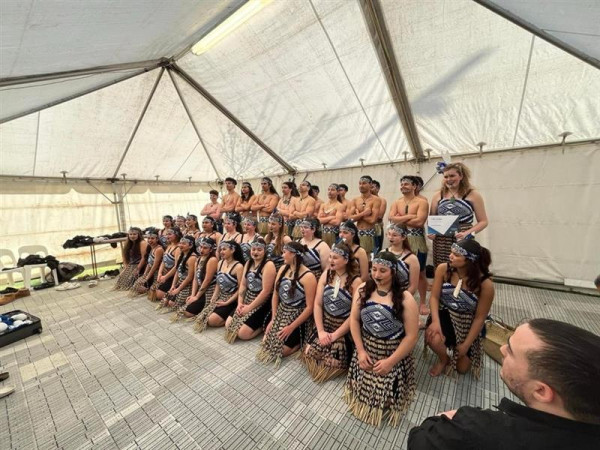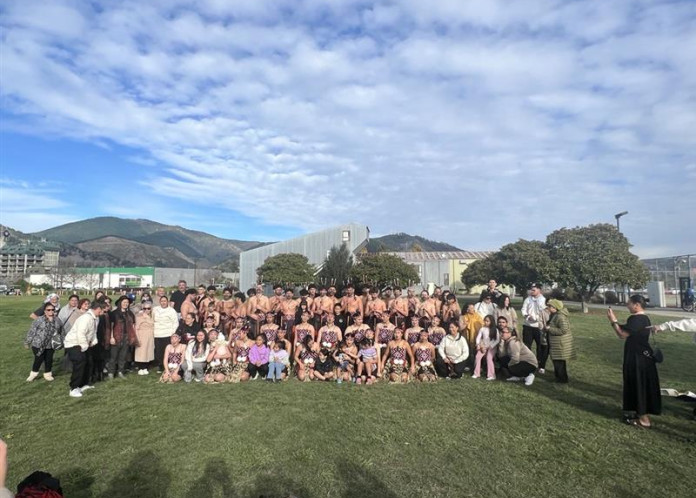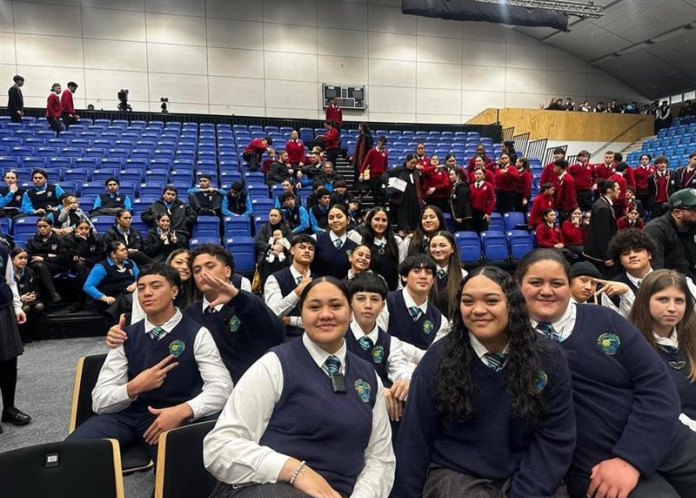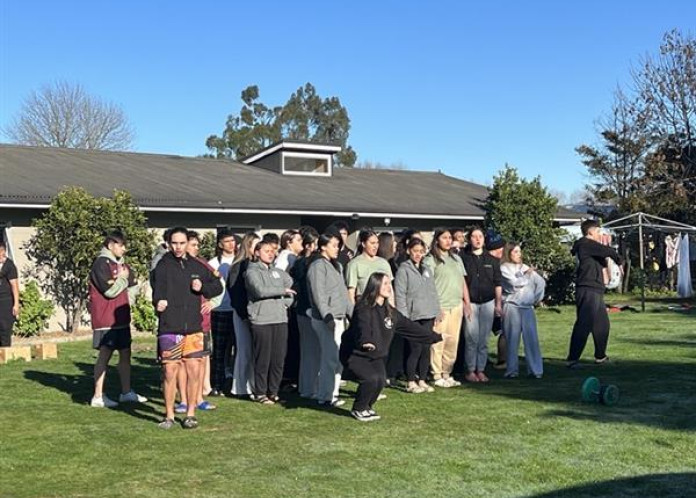Five Roopū Represent Ngāi Tahu Takiwā at the Secondary National Kapa Haka Competition
Jul 16, 2024
 The National Secondary School Kapa Haka Competition, Kapa Haka Kura Tuarua Te Huinga Whetū Te Tauihu o Te Waka, was held last week in Nelson. This year marked a significant milestone for the Ngāi Tahu takiwā, as five rōpū (groups) from Murihiku/Ōtākou and Waitaha regions qualified for nationals—a record number of representatives from the Ngāi Tahu takiwā.
The National Secondary School Kapa Haka Competition, Kapa Haka Kura Tuarua Te Huinga Whetū Te Tauihu o Te Waka, was held last week in Nelson. This year marked a significant milestone for the Ngāi Tahu takiwā, as five rōpū (groups) from Murihiku/Ōtākou and Waitaha regions qualified for nationals—a record number of representatives from the Ngāi Tahu takiwā.
The event commenced with a pōwhiri, at the Trafalgar Centre. It was a beautiful occasion and culminated with the entire stadium standing and singing together in unity, creating a powerful sense of community and anticipation for the days ahead.
The second day was dedicated to performances from He Waka Kōtuia and Te Wharekura ō Arowhenua, the two kapa representing the Murihiku/Ōtākou region. Their performances were a blend of traditional and contemporary kapa haka, showcasing their dedication, skill, and cultural pride.
The next day there was a stunning performance by Te Wharekura ō Te Whānau Tahi, one of the three kapa representing the Waitaha region. Their presentation was a testament to their hard work and passion for kapa haka, captivating the audience with their precision and emotive delivery.
On the fourth day, the audience enjoyed performances from Te Kura Whakapūmau and Te Rōpū Kapa Haka o Kimihia, the other two kapa representing Waitaha. Both groups demonstrated exceptional power, elegance, and strength, each bringing their unique flair to the stage and leaving a lasting impression on the crowd.
Throughout the competition, the kapa haka groups addressed a variety of important topics through their performances. These included social and political issues such as government policies, the situation in Palestine, Matariki, and the significance of whakapapa. Each performance not only entertained but also educated and provoked thought, highlighting the role of kapa haka as a powerful medium for storytelling and cultural expression.
The event was a remarkable showcase of Māori culture and talent, with each group contributing to a vibrant and dynamic celebration of kapa haka. The participation of the five rōpū from Ngāi Tahu takiwā was a source of immense pride and demonstrated the growing strength and presence of kapa haka in our region.



